Dr Paramjit Kaur is the principal of BCM Arya Model Senior Secondary School, Ludhiana. We interviewed her as part of our PrincipalSpeaks column. Here is what she had to say about the Education System in India and the setbacks we need to overcome.
Please tell us about your background and about your school.
Being an Army officer’s daughter, I got to travel a lot due to frequent transfers and indeed it was a great learning experience. I got my formative, primary and middle education from a Convent School and then joined Kendriya Vidyalaya for higher studies. I pursued my higher studies in one of the reputed educational institutions of Pune i.e Fergusson College. Subsequently I did my post graduation from Punjabi University, Patiala and Doctorate from Panjab University, Chandigarh. My career in education began in Shivalik Public School, Mohali. It was there that I realised that I enjoyed teaching and discovered my passion for educating children. Thereafter, I shifted to my present school BCM Arya Model Senior Secondary School, Ludhiana and I have been serving here for more than three decades.
How did your school handle the pandemic?
First we made a transition to online teaching and learning. We then ensured that students follow a routine as much as possible. We followed it up by creating a safe, supportive and unbiased learning environment as well as sharing tips and motivational videos with students to maintain healthy eating and sleeping habits, to do regular exercise and to connect with friends. Along with conducting regular online counselling sessions to facilitate student learning, we focused on mental well-being and growth. We also provided opportunities for students to express their feelings through various activities.
What do you think of the future of online education ?
Though initially, transition into online space caused many headaches – both figuratively in the case of test scores and literally with regards to online fatigue. Despite this, it looks likely that many institutions which have gone through these changes, will make them permanent. If they don’t use them to replace in-person classes entirely, they will focus heavily on their online offerings in the near future. Online learning is the future of modern education and will continue to grow and become more popular. So there is no reason to shy away from this alternative which is flexible, accessible, cost effective and allows for a customised learning experience.
Is RTE a good policy and what other reforms would you suggest to improve the education system of India?
Though the Right to Education Act lays down norms and standards for private schools, including infrastructure norms, minimum teacher qualifications, pupil teacher ratios and curricular standards, yet it has also been recognised that various State Acts need to be harmonised with the RTE Act, as the two often have contradictory provisions. It is, therefore, an opportune time to examine the existing regulatory framework for private schools in India, with a view to identifying common challenges and areas in need of reform.Our Indian Education System needs serious reforms and changes specifically at Senior Secondary level and there is a need to ensure that all educational streams are equal. We need to give importance to every subject we have. Various comprehensive measures such as revamping of the curriculum, examination structure, evaluation system, regulatory regime, teacher education, and equitable digital education etc. can raise the standard of education system in India and bring it at par with global standards.
Do you think that the government should have control over private schools or not?
Private schools can be regulated and monitored by the state to some extent to fulfil its commitment towards the essential features of the right to education. However, instead of over-regulating private schools, the state should focus on improving the quality of government schools by applying equal standards to both the public and private sector. It’s time to give freedom to private schools and look forward to a time when reality comes closer to our aspirations.
What is the biggest challenge to the vision of a fully educated India?
A complex web of social, economic and digital divide in the country is the biggest culprit for creating a hindrance to achieve the goal of fully literate India. If the issues of economic disparity, gender and caste discrimination and technological barriers are addressed, then the day is not far when the vision of fully literate India will be fulfilled.


